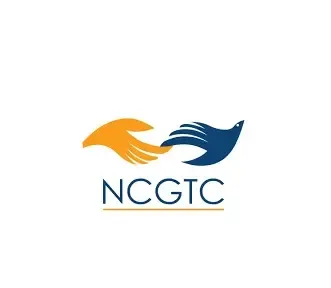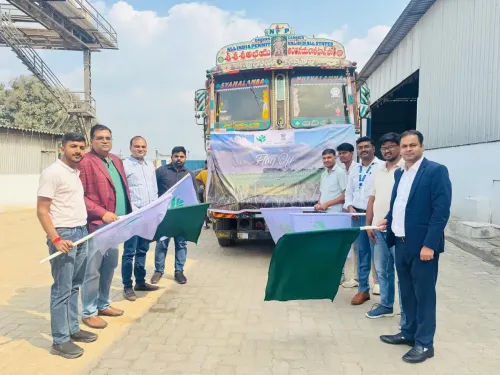MSMEs to Receive 60% Credit Guarantee on Loans Up to ₹100 Crore

Synopsis
Key Takeaways
- 60% credit guarantee for MSMEs.
- Loans up to ₹100 crore for equipment purchases.
- Eligibility requires valid Udyam Registration.
- Implemented by NCGTC, ensuring loan confirmation.
- Tax compliance measures introduced for small businesses.
New Delhi, March 18 (NationPress): The Mutual Credit Guarantee Scheme for MSMEs has been introduced to offer a 60% guarantee coverage by the National Credit Guarantee Trustee Company Limited (NCGTC) to Member Lending Institutions for credit facilities up to ₹100 crore granted to qualifying MSMEs for the acquisition of equipment and machinery, as stated in Parliament on Tuesday.
Minister of State for Finance Pankaj Chaudhary informed the Rajya Sabha that to qualify for this scheme, MSMEs must possess a valid Udyam Registration Number and should not be classified as an NPA by any lender. Furthermore, the minimum cost of the equipment and machinery should be 75% of the total project cost.
This scheme is being executed by the National Credit Guarantee Trustee Company Limited (NCGTC), a wholly owned entity of the Department of Financial Services, Ministry of Finance. The member lending institutions (MLI) will provide loans to eligible borrowers and subsequently upload the loan account details onto the NCGTC portal along with the payment of fees, after which the MLI will receive confirmation of the loan guarantee under the scheme, as noted by the minister.
Eligible MLIs under this Scheme include Scheduled Commercial Banks, All India Financial Institutions, and Non-Banking Finance Companies (NBFCs), contingent upon their signing an agreement with the NCGTC.
The minister further mentioned that various initiatives related to direct taxes have recently been implemented by the government to lessen the compliance burden on smaller businesses and individual taxpayers. These initiatives encompass provisions for presumptive taxation for businesses, regulations for tax audits, and the simplification of tax deducted at source (TDS) rates under different provisions of the Income Tax Act.
The upcoming Income Tax Bill 2025 aims to streamline the direct tax provisions, making them concise, clear, and easy to comprehend. Redundant clauses have been removed, and the drafting style of the new Bill is designed to facilitate business operations, the minister added.









